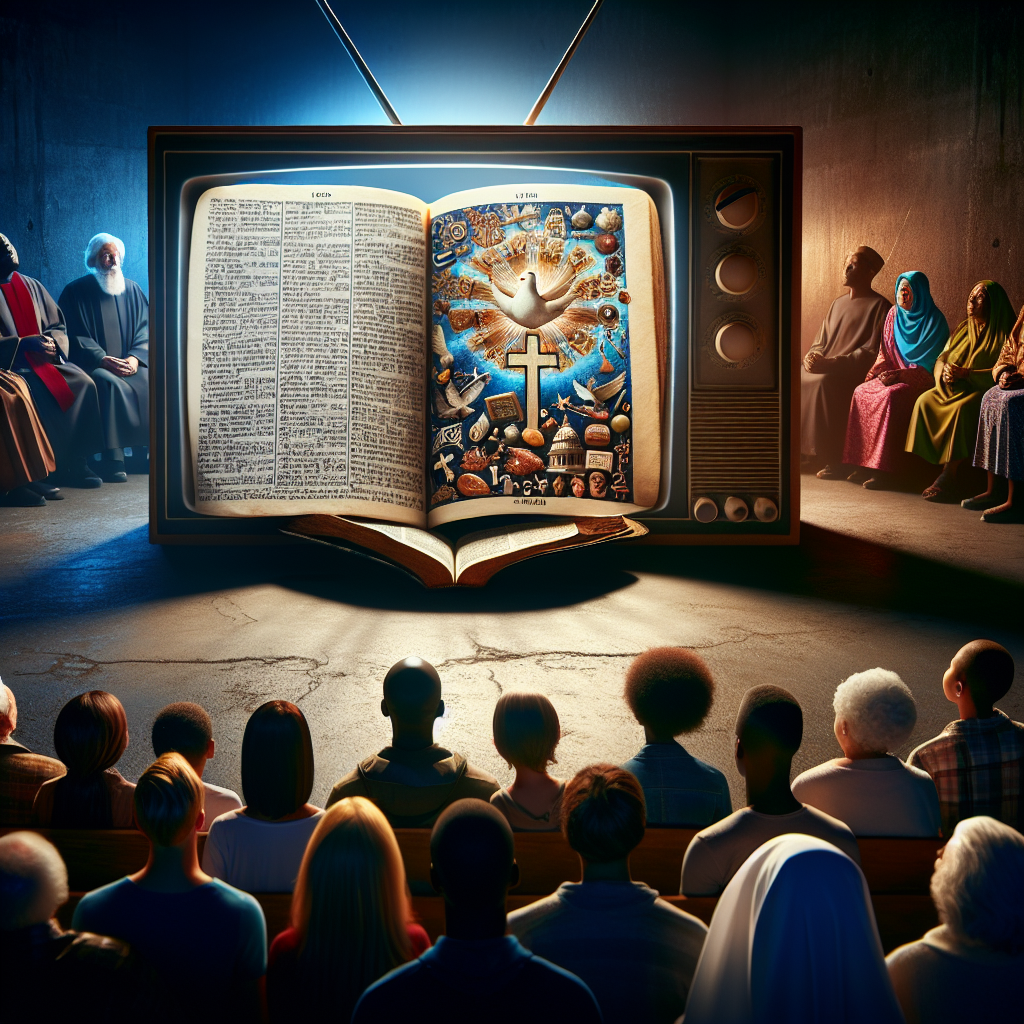Christianity, one of the world’s major religions, has long been an influential force shaping societies and cultures around the globe. However, the impact of media on shaping public perceptions of Christianity cannot be underestimated. In today’s digital age, where information is constantly disseminated through various media platforms, the way Christianity is portrayed in the media has a significant impact on how the religion is perceived by the general public.
Media plays a crucial role in shaping public perceptions of Christianity by perpetuating stereotypes and misconceptions about the religion. For example, sensationalized news stories about religious extremism or scandals involving Christian leaders can perpetuate negative stereotypes about the faith, leading to a distorted view of Christianity among the general public. Additionally, the media often focuses on controversial issues such as abortion, LGBT rights, and political affiliations, which can further contribute to a polarized and often oversimplified view of Christianity.
Furthermore, the portrayal of Christianity in popular culture, such as movies and television shows, can also influence public perceptions of the religion. While some shows may accurately depict the diversity and complexity of the Christian faith, others may rely on clichés and stereotypes to create dramatic storylines. This can lead to a one-dimensional portrayal of Christianity that does not accurately reflect the beliefs and practices of the religion.
In recent years, social media has emerged as a powerful tool for shaping public perceptions of Christianity. Platforms such as Facebook, Twitter, and Instagram allow individuals to share their views and experiences of the faith, influencing how others view Christianity. However, social media can also be a breeding ground for misinformation and hate speech, which can further contribute to negative stereotypes about the religion.
Despite these challenges, the media also has the potential to positively shape public perceptions of Christianity. For example, through accurate and balanced reporting, the media can educate the public about the beliefs and practices of Christianity, dispelling stereotypes and promoting understanding. Additionally, media outlets can highlight the positive contributions that Christians make to their communities and society as a whole, showcasing the compassionate and inclusive nature of the faith.
Ultimately, the impact of media on shaping public perceptions of Christianity is a complex and multifaceted issue. While the media has the power to perpetuate stereotypes and misconceptions about the faith, it also has the potential to promote understanding and tolerance. By promoting accurate and balanced portrayals of Christianity, the media can help foster a more informed and nuanced view of the religion among the general public.

